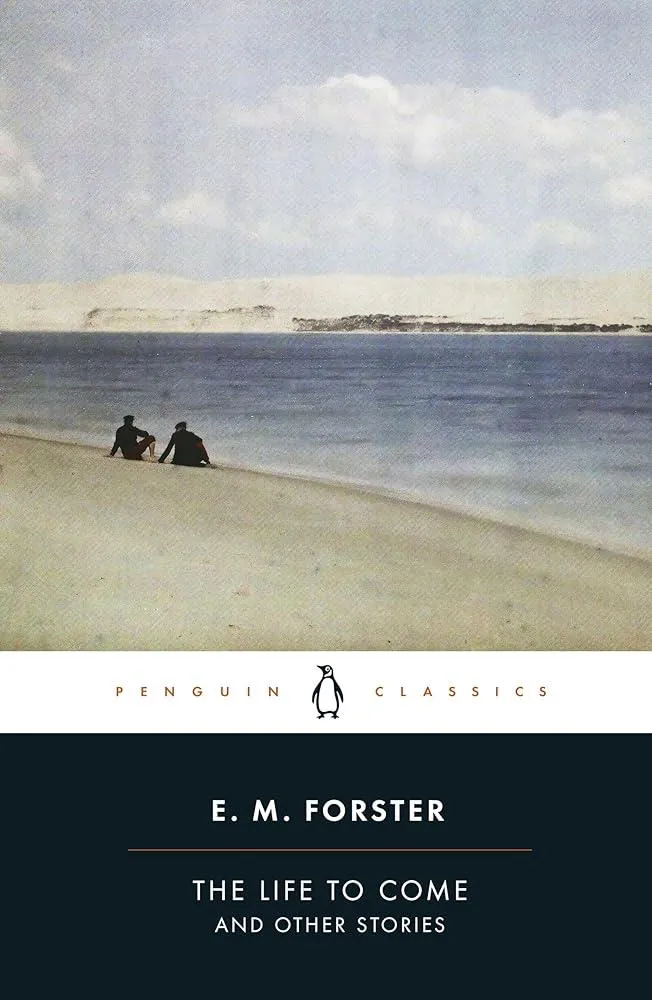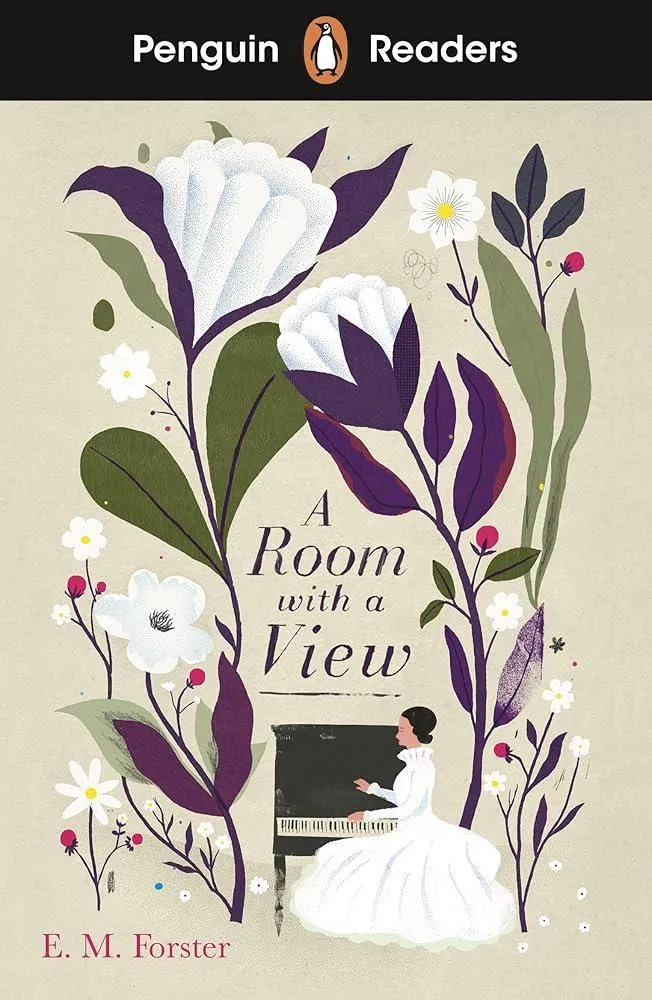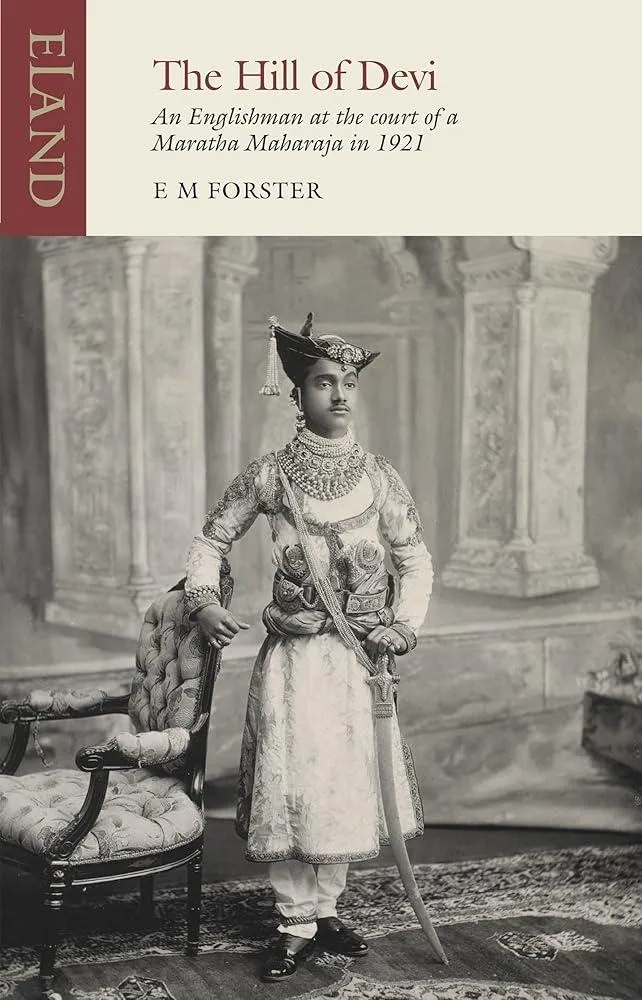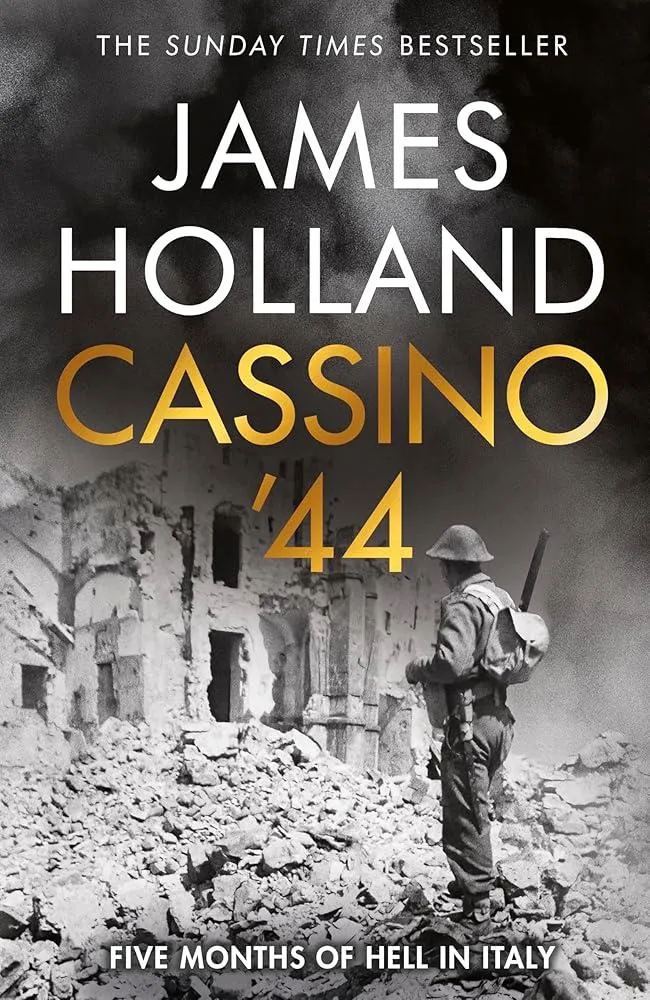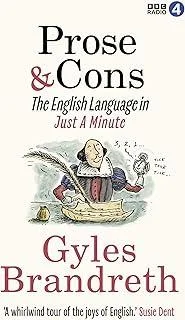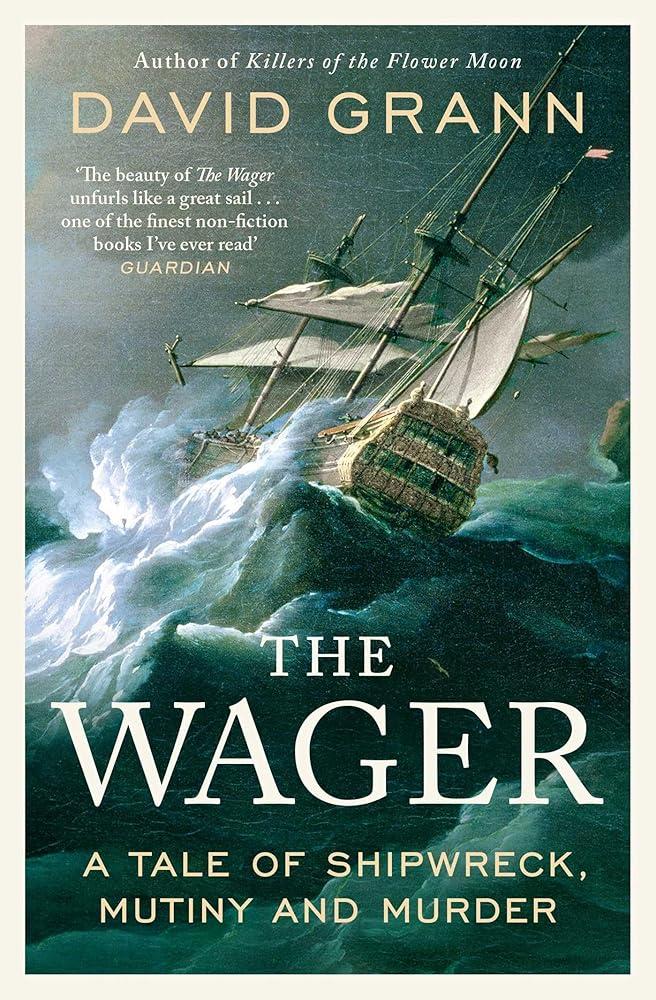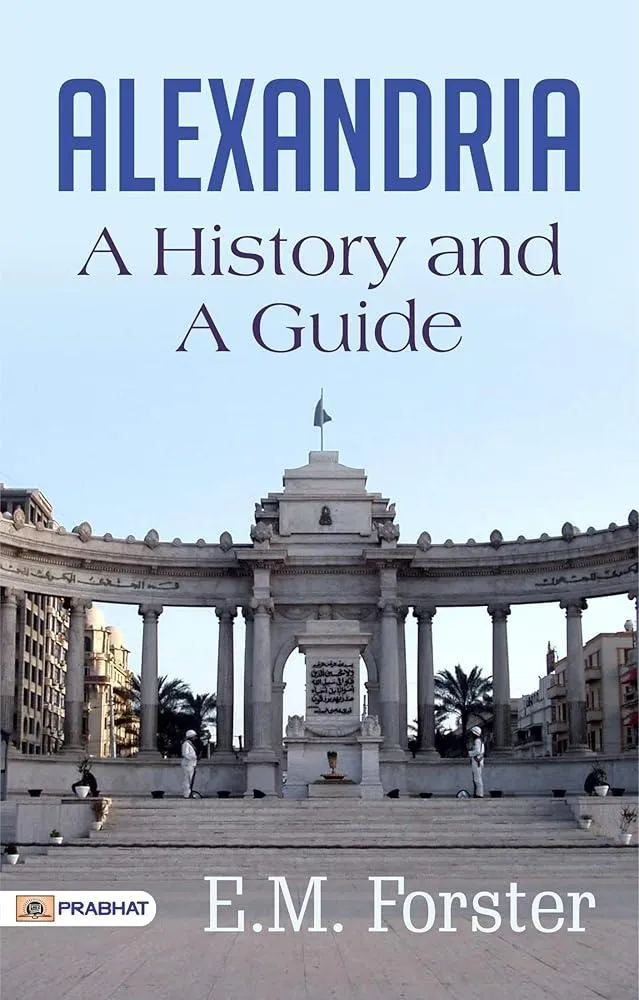
Alexandria : A History and Guide
(Author) E.M. ForsterIn the autumn of 1915, in a "slightly heroic mood", E.M. Forster arrived in Alexandria, full of lofty ideals as a volunteer for the Red Cross. Yet most of his time was spent exploring "the magic, antiquity and complexity" of the place in order to cope with living in what he saw as a "funk-hole". With a novelist's pen, he brings to life the fabled, romantic city of Alexander the Great, capital of Graeco-Roman Egypt, beacon of light and culture symbolised by the Pharos, where the doomed love affair of Antony and Cleopatra was played out and the greatest library the world has ever known was built. Threading 3,000 years of history with vibrant strands of literature and punctuating the narrative with his own experiences, Forster immortalised Alexandria, painting an incomparable portrait of the great city and, inadvertently, himself.
E.M. Forster
E.M. Forster was a British novelist and essayist known for his insightful social commentary and exploration of human relationships. His most notable works include "A Passage to India," "Howards End," and "A Room with a View." Forster's writing style is characterized by its clarity, wit, and empathy towards his characters. He is credited with pioneering the psychological novel and challenging traditional British social norms. "A Passage to India" is considered his masterpiece, tackling themes of colonialism, race, and cultural misunderstanding. Forster's works continue to be celebrated for their timeless relevance and profound exploration of human nature.
